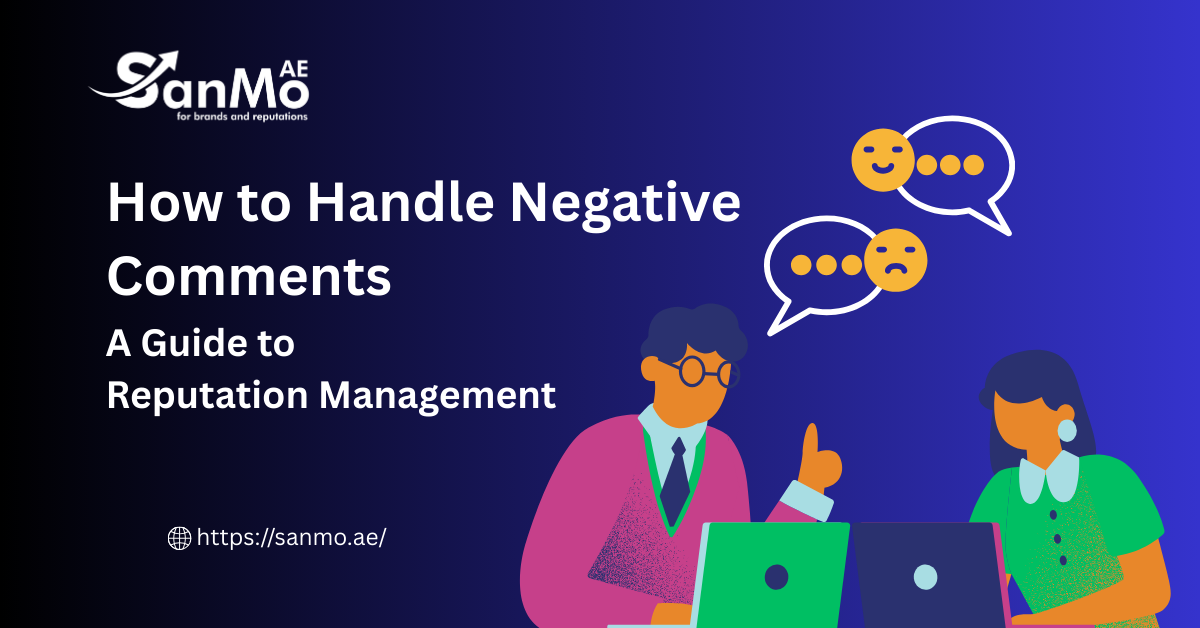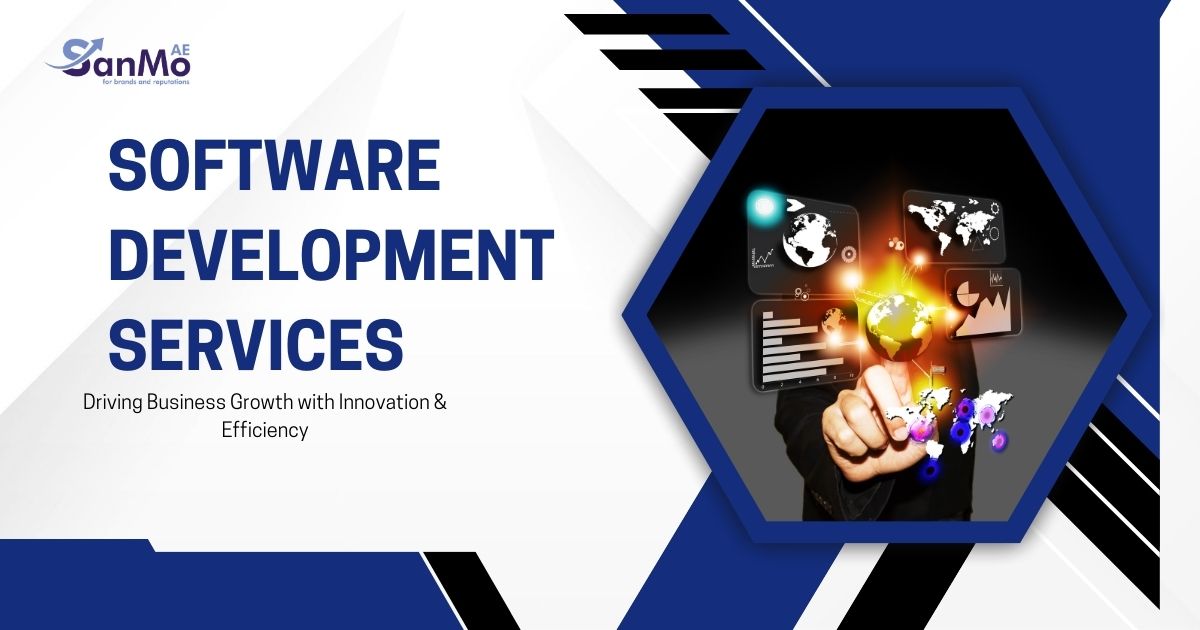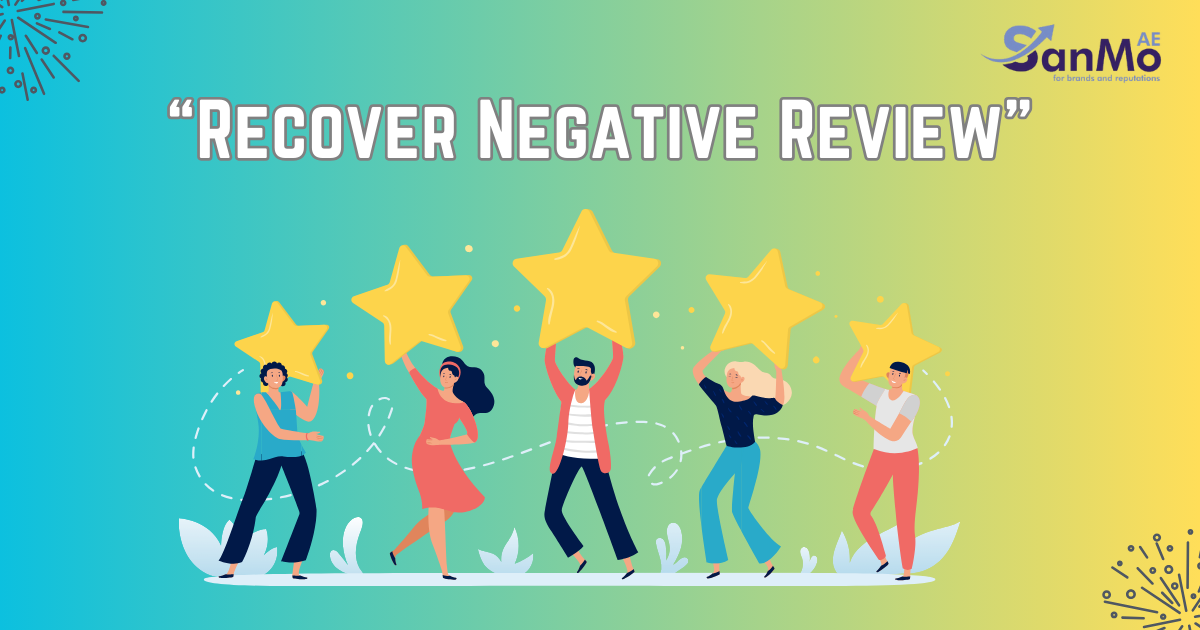Your web presence makes your pitch before you do. Each Google search, social media post, and digital interaction adds to the profile of who you are in the professional and personal world. Once reserved as a luxury service for celebrities, personal reputation management has now become a critical skill for anyone building a career or business.
No longer was one’s reputation made only through face-to-face encounters. In today’s digital age, your reputation exists online, readily available to prospective employers, clients, and collaborators, all just a click away. Knowing how to proactively manage and protect your digital identity isn’t just brilliant — it’s necessary for longevity.
This complete guide will teach you the basics of personal reputation management, from evaluating your current online presence to tactics that highlight your finest professional self.
Understanding Personal Reputation Management
Personal PR: A Proactive Approach
Personal PR is all about being proactive instead of reactive when it comes to how you’re perceived on the internet. This routine includes Google search results for your name, your social media profiles, your professional networking accounts and everything else that can be found when searching online for anything connected to your identity.
The idea goes further than merely damage control. Good reputation management is about diligence in creating a positive presence in the online world which truly mirrors the essence of who you are, what you do and how well you do it! It’s not really about “taking control of the narrative” here, in the sense that there’s any real ensuring that your story is the one people hear instead of just hoping for the best.
Why Online Reputation Matters More Than Ever
Employers regularly vet applicants online before completing a hiring decision. A poll by CareerBuilder found that 70 percent of employers use social media to screen candidates, and 43 percent do so to vet current employees. Your online record can not only make or break the chance of a job, a business contact or personal relationship, but even impacts ones life in some instances.
Think about the future: the stuff you post today could be resurrected years down the track – possibly in a context you couldn’t have anticipated. A single ill-considered post or an unattractive photo can drown out years of professional achievement. On the flip side, a well-managed online persona can open up all kinds of doors that you never would have found in the first place.
There are personal consequences as well. Your reputation online has a direct impact on your ability to network in your industry and form personal relationships. From social media profiles to Google search results, first impressions are often made by friends, family and romantic interests.
Assessing Your Current Digital Presence
The following reputation management tactics require an understanding of your position before you can begin to make any of these tasks a reality. This is the starting-point of all further attempts.
Conducting a Personal Digital Audit
Begin with a Google search of your name, using different combinations (e.g., including nicknames, maiden names or professional titles). Don’t just search the first page of results — go deeper to find the older content that may still be indexed. Be mindful of visuals, news articles, social media shares and professional directories that you could be listed on.
Try various search engines other than Google. Bing, DuckDuckGo, and Yahoo may yield varied results. So try Googling from an incognito window to see the results free from the results of your own search history. This provides an even better sense of what people see when they go searching for you.
Record everything you find, good or bad. Make a spreadsheet detailing each result in combination with its source and whether it puts you in a flattering light. This is the “master list” of where you need to get better.
Evaluating Social Media Profiles
Forget your social media accounts for a second, with eyes unfrogged. Of course, this means Facebook, Twitter, LinkedIn, and Instagram, but also consider any niche or older platforms you’ve forgotten about. Verify privacy settings on all platforms, and look back through recent posts, comments and tagged photos.
Look for consistency across platforms. Professional photos, bio details, and messaging should all match up between social media profiles. Any inconsistencies could confuse your target audience and muddy your personal brand.
Give particular scrutiny to photos, both that you have posted and those in which you are tagged. Imagery tends to be the first point of contact for people on the site so make sure your photos help create the professional image you seek to project.
Building a Positive Online Presence
If you like to stand out in the digital world, there is no way out but to plan a pro-active and dynamic approach. You are not just tending your reputation — you are constructing it.
Developing Your Personal Brand
Your personal brand is a cocktail of all your skills, experiences, and personal attributes that make you unique. It’s who you want to be seen as, by others, and whom you want to be remembered as. Begin by considering what your expertise area is, what is important to you, and who you want to reach as an audience.
Develop a unified message on all channels. Everywhere you tell your story must do so in the same way: In LinkedIn headlines, Twitter bios and personal websites, for example, you should be clear and consistent in who you are and what you do. This uniformity strengthens your brand and helps you stand out more.
Think about what makes you unique in your industry. Perhaps you have a special lens, a bit of expertise or a backstory that gives you unusual insight. It’s these differentiators that become your personal brand story.
Creating Valuable Content
[Content creation] is one of the most effective means of personal reputation management.” You can compete with positive, relevant content and get seen in your best light…your own voice standing eye-to-eye with gossip rumors.
Launch a blog or write for industry publications. Add value and share knowledge, experience, and expertise that your reader thinks is helpful to them. This is not only your opportunity to show off, but it also puts the ball in your court in terms of the narrative people remember when they think of your name.
Engage meaningfully on social media. Share insightful news articles with constructive comments, join industry conversations and respond professionally to comments to your posts. This is a relationship-building and visibility-expanding engagement opportunity for you within your industry community.
Optimizing Professional Profiles
Your LinkedIn profile is one of your main professional online properties. Make sure it is full, up-to-date and compelling. If it applies, include your industry in your job title and summary for search-ability.
Start a website as your own central hub online. This means you have full control over your message and offer a professional landing page for people looking for you. Add your professional bio, work portfolio, contact details and links to your social media accounts.
Update your professional profiles routinely. Incorrect job titles, contact information, or outdated descriptions can be misleading and look unprofessional.
Monitoring Your Online Reputation
Reputation management is an ongoing process—not a one-time job. Monitoring on a regular basis will allow you to spot potential problems early and know how to improve your online activities.
Setting Up Google Alerts
Get an uber Google Alerts is a free way to get a heads up whenever your name crops up in new search results. Create alerts for different variations of your name, like the misspelled ones people often enter. This early warning system keeps you on top of new material that mentions you.
Don’t confine the alerts to your name. Set up alerts for your company, industry keywords or topics you care most about. This larger tracking approach enables you to monitor discussions you may wish to join.
Using Social Media Monitoring Tools
There’re a number of tools that can help you track mentions over social media channels. Some of the affordable tools provide additional paid options, however a lot of sites come with built-in notifications for both mentions and tags.
Set up notifications for mentions on all platforms where you’re active. This enables you to react to positive and negative comments with a fast turnaround and proves that you are responsive and professional.
Regular Assessment and Adjustment
Review your online presence periodically. Monthly check-ins will also help you to evaluate new content, see how you’re doing on social and adapt your plan based on what you’ve learned.
When you conduct these reviews, watch for trends. Are certain kinds of content doing especially well? Are there common complaints in the feedback? Take these tips use them to your advantage and overtime will definitely boost your reputation on the internet.
Dealing with Negative Content
Even with plans for reputational defense, you’re going to find negative information about you out there on the World Wide Web. The way you respond to these incidents can have a huge bearing on your reputation as a whole.
Dealing with Negative Reviews or Comments
Avoid the temptation to react instantly to negative feedback. Step back and think about how best to address the situation. If there is an honest critique, accept it with a professional response and tell your market how you’re going to resolve it.
For unjustified or misguided attacks, respond coolly with the facts. Never have an emotional response or defensive language, it looks bad on you and can escalate things. In some cases, a professional response can enhance your reputation by demonstrating how you respond to criticism.
When to Seek Professional Help
There are some image problems that only a professional can fix. If you’re handling defamatory material, Legal challenges, or something that might severely affect your career, you might want to consider hiring a reputation management expert, or a lawyer.
A Reputation Management Service (RMS) could deal with challenging topics such as removing negative content, improving search engine results, and managing crisis situations. Although not without costs, these services may be worth it for serious reputation threats.
Long-term Reputation Management Strategies
Proactive online reputation management is a marathon, not a sprint. It is hard work to develop and maintain a good online footprint.
Consistency in Your Online Presence
Keep being as active as you normally are on the platforms that you love. This doesn’t necessarily involve much daily posting, but it does involve keeping your on top of things and keeping your profiles up to date. Only when you have regular activity do your profiles not look dead or amateurish.
Create a content calendar to ensure consistency. Have a series of thematic, themes, or types of content to share periodically. This forward-thinking prevents you from simply throwing things up online, and helps keep the content you do post valuable.
Building Genuine Relationships
Stay laser focused on building real relationships—not on just racking up followers or connections. Interact Take a serious interest in the content of others, proffer help where it is needed and join industry conversation. These connections are often more valuable than big numbers of followers.
Interact positively with others in your network post their updates, congratulate them on success and lend a hand if you can help out. This give-and-take helps sow goodwill and fortify your network in the long run.
Staying Current with Platform Changes
The algorithms and policies of social media and search engine platforms are constantly changing. Keep informed on these changes and modify your plan accordingly. What was good in the past, perhaps last year, will not always work today.
Read industry blogs, attend webinars, or become a member of professional organizations focused on digital marketing or reputation management. This continuous learning keeps you up to date on trends and ahead of the game with a successful web presence.
Owning Your Digital Identity
Personal reputation management has less to do with being perfect and more to do with intentionally owning your online persona. Begin You Begin by evaluating what your online presence already looks like, and consider the methods you can use to build and maintain a positive online image.
Just keep in mind that it took time and effort to build up your online brand. Just concentrate on creating good content, being genuine with your network, and keep an eye on digital bread crumbs every once and a while. These fundamentals will serve you well no matter how digital media change.
You have an investment in your online reputation and it can lead to opportunities and help further your career. By being proactive and learning how to manage it effectively, you are truly investing in your professional future and personal brand.
To further improve how you appear online, consider exploring Advanced Content Optimization techniques that ensure your personal brand content ranks well and resonates with your audience.







